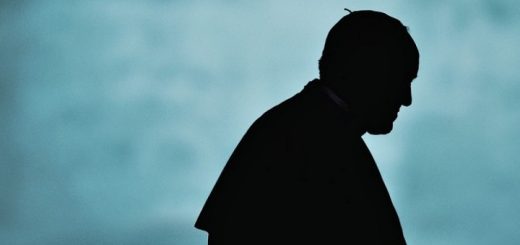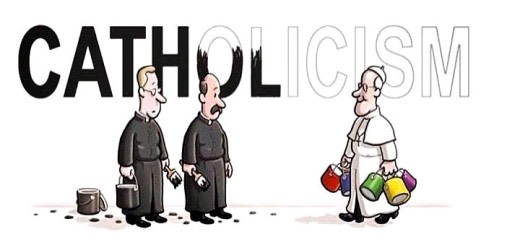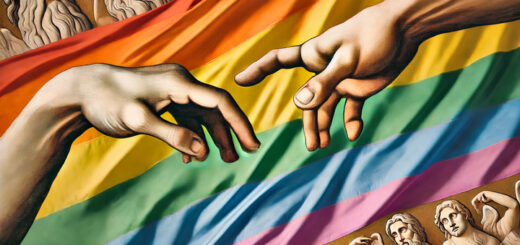Can marriage change for homosexual people in the Catholic Church?
Text by Father Timothy Radcliffe* published in the Catholic weekly The tablet (England) On March 10, 2012, page 4, freely translated by Luca Bocchi
The Catholic Church does not oppose gay marriage, simply believes it is impossible. If it were possible, then it should be publicly supported since the Church teaches us to counteract any discrimination on the basis of sexual orientation.
The problem is therefore not the rights of homosexuals, but rather an extraordinary truth of our humanity: the fact that we are animals: rational animals, based on medieval tradition, and "spiritual animals" open to sharing life with God.Thanks to the sacraments, the fundamentals of our body life are blessed and become open to the grace of God: to be born and die, eat and drink, sex and diseases. St. Thomas Aquinas says that grace does not destroy nature, perfects it.
Marriage is based on the wonder of sexual difference and its fertility potential: without it there would be no life on this planet, no evolution, no human or future being. The marriage has always had the most diverse forms: from the clan alliance through the exchange of women given in marriage to the modern "romantic love".
We have seen over time that love implies the same dignity of man and woman; but in any case and wherever it remains based on the union in the diversity of male and female. Marriage takes on a deeper meaning through ceremonies or through the sacrament, which for Christians includes the union of God with humanity in Christ.
With this we do not want to denigrate the love commitment between people of the same sex, it should also be celebrated and supported, which is why the church leaders are slowly starting to support civil unions between people of the same sex. The God who is love can be present in every true love.
But the "gay marriage" (as a sacrament, ed) It is impossible because the marriage discharges from its fundamental biological element. If we do it we would deny our humanity; It would be like making a cheese soufflé without cheese, or wine without grapes.
From the beginning, Christianity distinguished itself for the beauty and dignity that gave our body life, blessed by our God who made themselves flesh and blood like us. This has always seemed a little scandalous for the most "spiritual" people, according to whom we should escape from the disordered reality of our body, so the Church had to oppose the gnosticism of the second century, to the sleeves in the IV and the catarism of the thirteenth century: all these heresies had shown contempt for the body or considered it irrelevant.
We too, influenced as we are by the thought of Descartes (see Cartesian dualism), often tend to conceive ourselves as minds trapped in a body, as spirits that animate a machine.
A friend said to me the other day: "I am a soul, but I have a body." But the Catholic tradition has always insisted on the fundamental unity of the human person, the saying of Tommaso d'Aquino is famous: "I am not my soul". Lynne featherstone, former minister for equal opportunities, rightly says that the churches have no exclusive rights to determine those who can get married, but not even the state in my opinion, because we cannot simply decide with a mental act or a legal decree what it means to be human beings.
Our civilization will only flourish if it will be able to recognize the gift of our body existence, which includes the extraordinary creativity of sexual difference, which is raised in love. The formal recognition of this love through the institute of marriage does not intend in any way to denigrate the blessing of which homosexual people are carriers. [...]
*Father Timothy Radcliffe, born in London in 1945, joined the Dominican order in 1965, a professor of Sacra Scripture in Oxford was ordered a priest in 1971, actively engaged in the peace movement he also carried out the pastoral ministry also among the patients of AIDS. From 1992 to 2001 he was "Maestro General of the Order of San Domenico". Since May 2016 he has been appointed by Pope Francis Consultor for the "Pontifical Council for Justice and Peace".
Original text: Can Marriage Ever Change?






